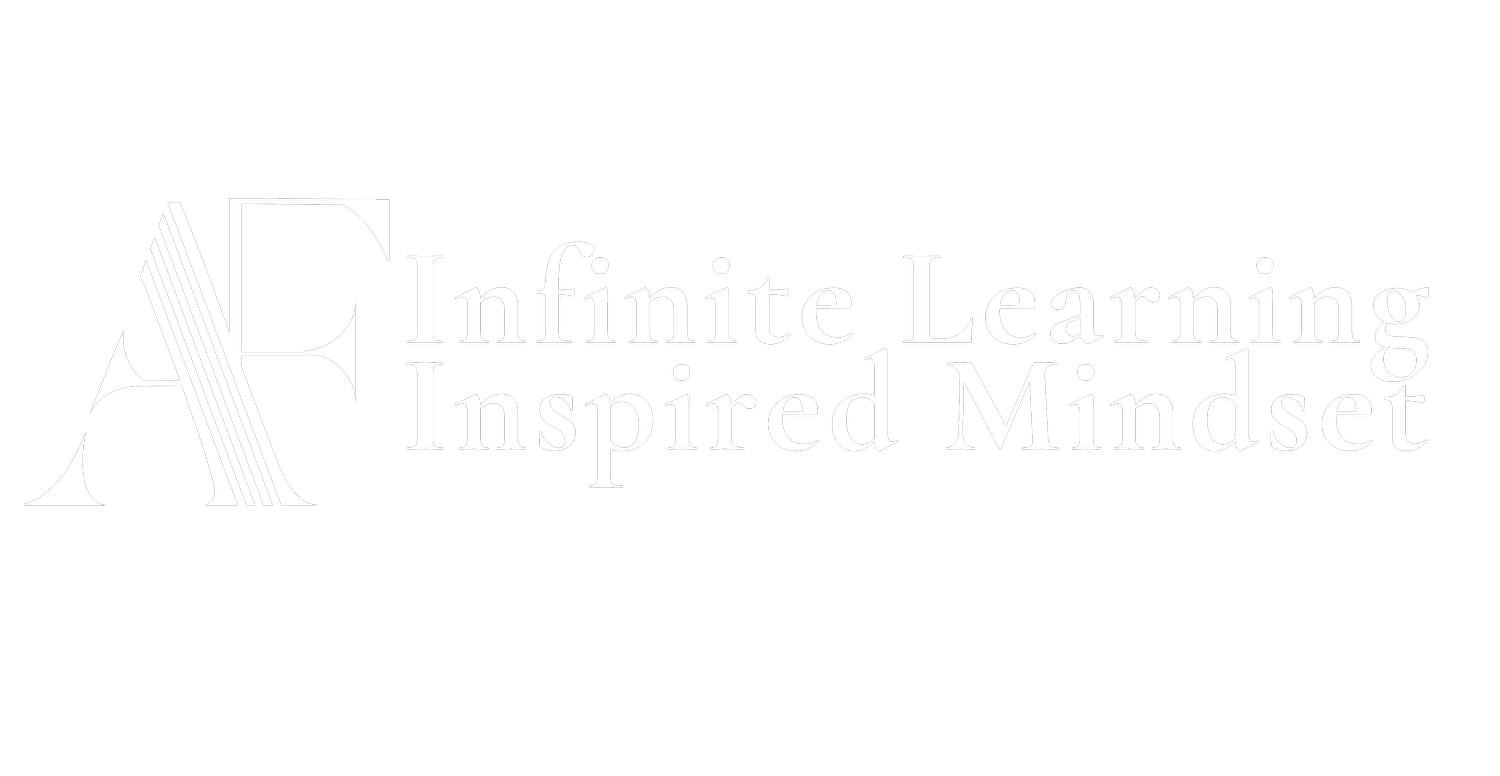A Path to Greatness: Higher Education, Government, and the Nation
This article was originally published on The Huffington Post.
To the President and members of Congress; to Democrats and Republicans:
Have we got a deal for you?
We start with one goal on which we all should agree, one aspiration for our society that we ought to share regardless of political views: To build a competitive nation, we must build competitive citizens. That makes equal and ready access to higher education, the surest path to realizing the American dream, critically important for individuals and for the country as a whole.
Let us also agree on two other propositions: that the rising costs of college threaten to place higher education beyond the reach of too many of our citizens; and that the full value of higher education can be realized only if students graduate into an economy that is ready to offer opportunity to the young.
President Obama has called for institutions of higher education to increase transparency in order to build competition, with the goal being to drive down costs. He strongly suggested that colleges and universities could lose federal funding if tuition rates keep going up, and has celebrated increases in Pell grants and other programs as measures meant to keep college affordable for all.
“You can’t assume you’ll just jack up tuition every single year,” the President said in a well-publicized speech in January. “If you can’t stop tuition going up, your funding from taxpayers will go down. We should push colleges to do better; we should hold them accountable if they don’t.” But making a college education truly affordable requires an open and honest dialogue about all the influences that drive rising prices.
For critics of higher education, it has become easy to charge that colleges and universities spent years blithely raising tuition and other costs, and are at fault for the high cost of higher education. That argument ignores several strong societal forces that drive the increase in college costs.
The first is government. Ironically, public officials make numerous calls for easing the costs of higher education, yet many of those costs are compliance-related. Federally funded financial assistance is unfocused and often at cross purposes. The government that wants to drive down the price of higher education keeps making it more expensive.
There’s another force that is even more pervasive: Our customers, who are telling us they continually want a college experience that is bigger and better - which means more expensive. There are few consumers who will boast about a cut-rate degree. Parents of students, as well as students themselves, often seek colleges with all the trimmings, including a huge course catalog, libraries, fancy dining halls, world-class athletic facilities. Under competitive pressure, and particularly in a time when rapid changes in technology threaten their traditional business model, many colleges pay the price of offering those amenities in the belief that there is no choice.
The market has a more pernicious effect in this era of reluctant economic growth. Even those students who do graduate do not necessarily know that the end result will be a good job. An Associated Press study last year, conducted partly by Northeastern University, determined that half of college graduates could not find a good job.
And so we come to our proposed deal. Rather than threaten to cut funding if costs fail to come down, we ask that government make a more determined and consistent commitment to funding higher education. Coordinate the financial assistance offered to students, so that you’re not handing out tax credits to those who can already afford college with one hand, and Pell grants only to those who least can afford it with the other. Make the reward dependent on academic performance, on motivation, on the commitment of those who enter college to make the most of it.
What none of us want is to have higher education mirror one of the most damaging trends of the society at large: the threatened elimination of the middle class. Instead, let us create a new class of enlightened individual, prepared for the unknown future. The smarter distribution of financial aid will help rebuild our ailing economy by strengthening our skilled workforce. And a better economy means better job prospects for graduates.
In return, we will recommit ourselves and our institutions to creating a more efficient higher education model that is suited to the 21st Century, one that uses technology smartly while continuing to offer the mentoring and socialization training that students simply cannot get through online learning. We will focus not only on building the prospective paycheck of graduates, but on building global citizens, individuals with the perspective and skills to make their communities and their nation greater.
You do your part, we will do our part, and together, we can build a stronger people and a more competitive nation.
What do you say?

